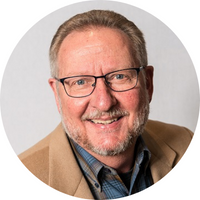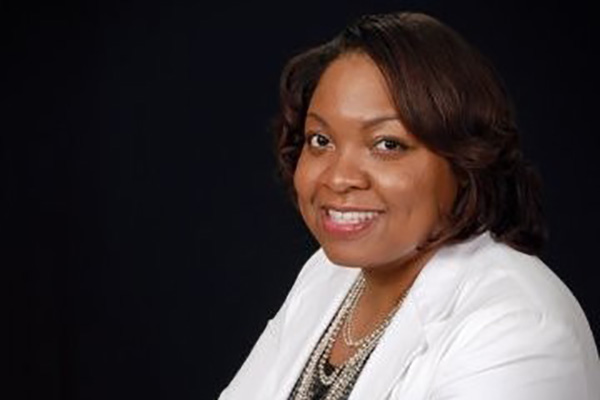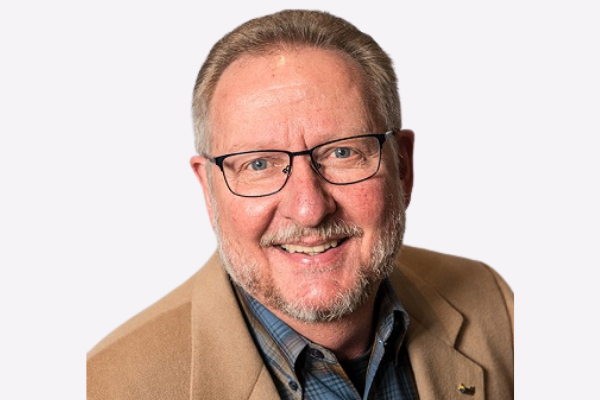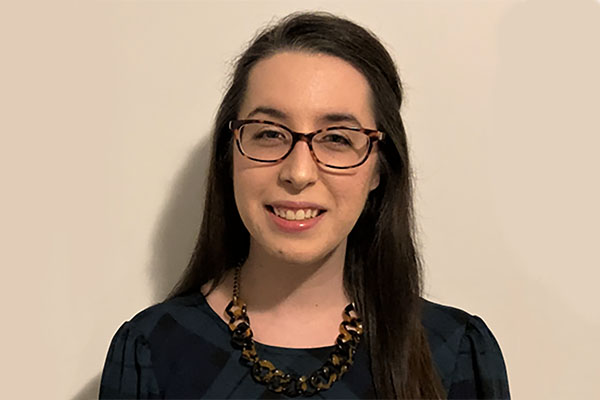
It’s probably not too late.
I have heard from many of my professional friends, colleagues, and clients, who are entering the later years of their careers that they are unsatisfied with their current position and would like to make a change, but it’s “too late.” Although it certainly depends on the kind of career change they were considering, I have usually disagreed with them that it was too late, and I have encouraged them to pursue the career change.
In most cases, they did not pursue the change out of fear that they would not be successful, and they have ended up with a less than satisfying experience for the remainder of their careers. By contrast, essentially everyone I know who has made a later life career change (I have made several) has been successful and happy with the change. So, it sounds a little funny, but the first important point is that you can’t make a successful career change later in life if you don’t do it! I do believe, however, that there are some important considerations to be successful in making a later life career change.
It should be a positively focused change that is exciting to you.
You need to be enthusiastic, confident, and excited about the change you are making. It is important that your primary motivation and focus is moving toward something good, not away from a suboptimal situation. When I have felt that it was time for me to make a change and move on to something new, I would ask myself this question: Does it seem like just as good of an idea at the end of a “good” day in my current position as it does at the end of a “bad” day?
Focus on opportunities that effectively leverage your current knowledge and experience.
This does not mean keep doing what you are doing but at a different company or location. You can use or leverage your knowledge and experience doing different professional work. For example, if you have extensive knowledge and experience in biotechnology research and development, you can effectively use that for a successful later life career in patents and intellectual property.
Inversely, it is risky and ill-advised to pursue a later life career change that does not draw on your extensive knowledge and experience and requires you to start over and learn everything new essentially. Independent consulting has been a popular choice for many scientific professionals because it allows one only to take on work that is a good match with one’s knowledge and background experience.
Be realistic about the compensation that you can expect in the new position.
The new type of work that you want to pursue could very well require you to accept lower compensation than your current position, at least initially. This was certainly true for me when I left an upper management position at a large multinational corporation to take a university teaching and research position. However, I have had no regrets about the tradeoff that I made in compensation for a highly fulfilling academic career experience.
The point here is that in advance of pursuing a later life career change, do your homework by researching the compensation range for the type of work you are looking for and be realistic about the starting salary that you can expect within that range. ACS provides excellent resources and tools for chemistry and engineering professionals to do this, starting with the online interactive salary calculator in Career Navigator Live! Any later life career change must be a financially sound proposition to be successful. There are many ways to manage that if the expected salary in the new position is lower than your current salary. In my case, when I left industry for academia, my spouse, who had been intentionally unemployed for several years, was ready and willing to become re-employed.
This article has been edited for length and clarity. The opinions expressed in this article are the author's own and do not necessarily reflect the view of their employer or the American Chemical Society.
ACS Career Consultants are experts and leaders working in the field of chemistry who have volunteered to support other ACS members’ career development through one-on-one career counselling. They can stimulate your thinking, ask important career planning questions to help clarify goals, provide encouragement, teach strategies for making meaningful career decisions, and aid you in your job search. Connect with an ACS Career Consultant today!
Copyright 2022 American Chemical Society (All Rights Reserved)












